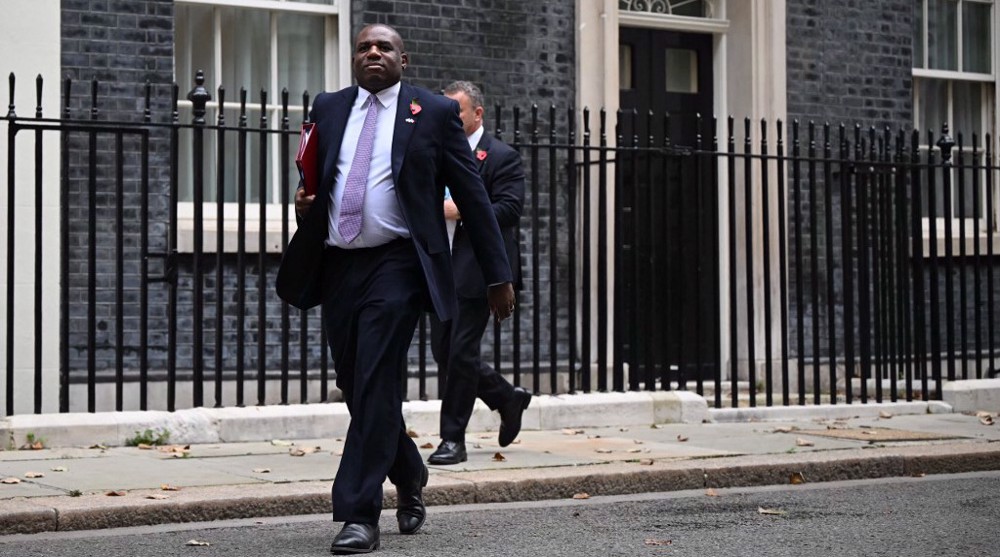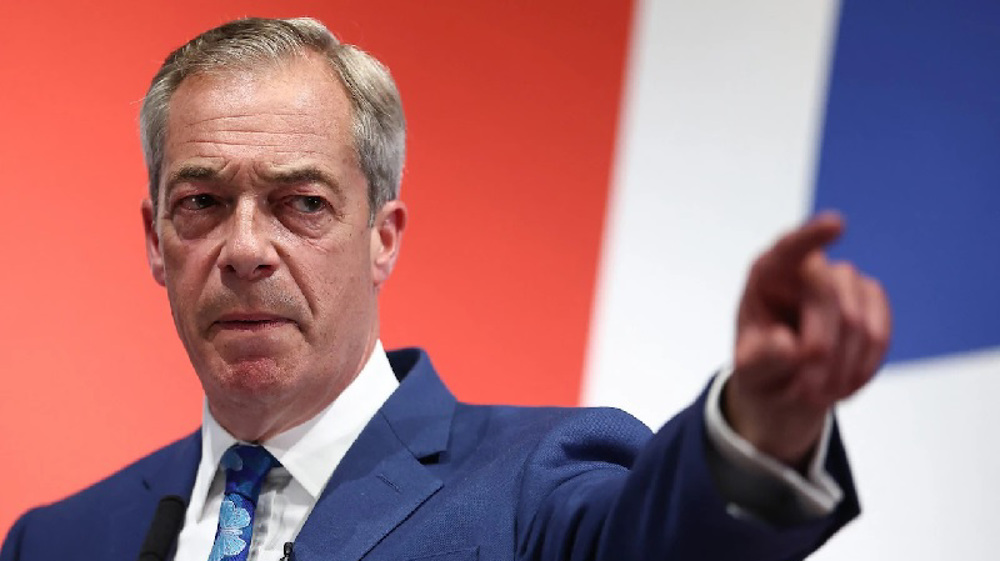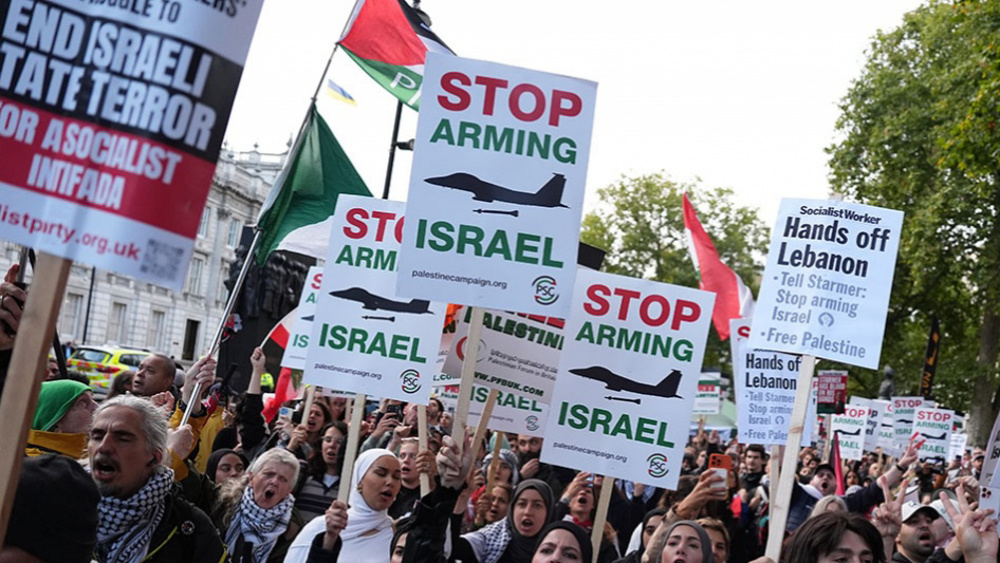Report into UK role in Iraq invasion to be published in July
The long-awaited Chilcot inquiry into Britain’s involvement in the invasion of Iraq will be published on July 6, the head of the inquiry Sir John Chilcot has said.
Chilcot said on Monday that the 2.6 million-word document will be published as the checking process by the intelligence services completed.
Intelligence staff vetted the report for two weeks to make sure nothing that might endanger national security was mentioned in the document. The inquiry said there had been no redactions in the text despite the checking process.
The inquiry was launched in 2009 by then Prime Minister Gordon Brown into the 2003 invasion of Iraq by the United States and the UK and its aftermath that saw British forces remained in the Arab country for six years.
The Chilcot inquiry’s report was originally due within a year. Chilcot said the delay was partially because of the process of sending critical remarks to those involved to allow them a chance to respond.

The inquiry received evidence from 150 witnesses, including former prime minister Tony Blair, and held over 130 sessions of oral evidence as well as assessing over 150,000 government documents.
The report is anticipated to address questions about whether Blair and his government drew up a dossier on Iraq’s weapons of mass destruction to justify the Iraq war.
Chilcot also said that the families of 179 British troops killed in Iraq would get “early sight” of the report.
Chilcot said in a letter to British Prime Minister David Cameron that the choice of date had been based on the time needed for publication.
“This will allow suitable time for the inquiry to prepare the 2.6m word report for publication, including final proofreading, formatting, printing and the steps required for electronic publication,” Chilcot wrote.
Local reports said Blair was responsible for the delay in the publication of the report. His former adviser Lance Price, however, said "There is no real incentive for Tony Blair to try and delay it.”
Reg Keys, the father of a British soldier killed in the Iraq war, said that Blair and then US president George Bush “misled the electorate in getting into that evil war. At the time, I admit, I believed it.”
"Iraq has been one huge cloud hanging over me - and the other families - since those early days," he added.
IRC censures Israel for blocking essential supplies to northern Gaza
VIDEO | UAE meddling in Sudan
VIDEO | US weapons supply to Israel
EU announces sanctions on Iran’s shipping lines
VIDEO | Record money spent in US elections
Russia says Biden 'fueling' tensions by permitting Ukraine missile strikes
Israeli court jails Palestinian journalist amid attacks on media freedom
VIDEO | Divisions plaguing Israeli entity










 This makes it easy to access the Press TV website
This makes it easy to access the Press TV website